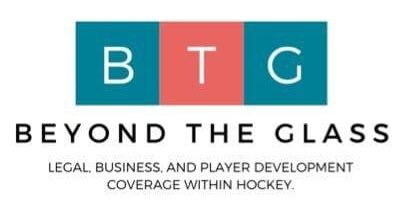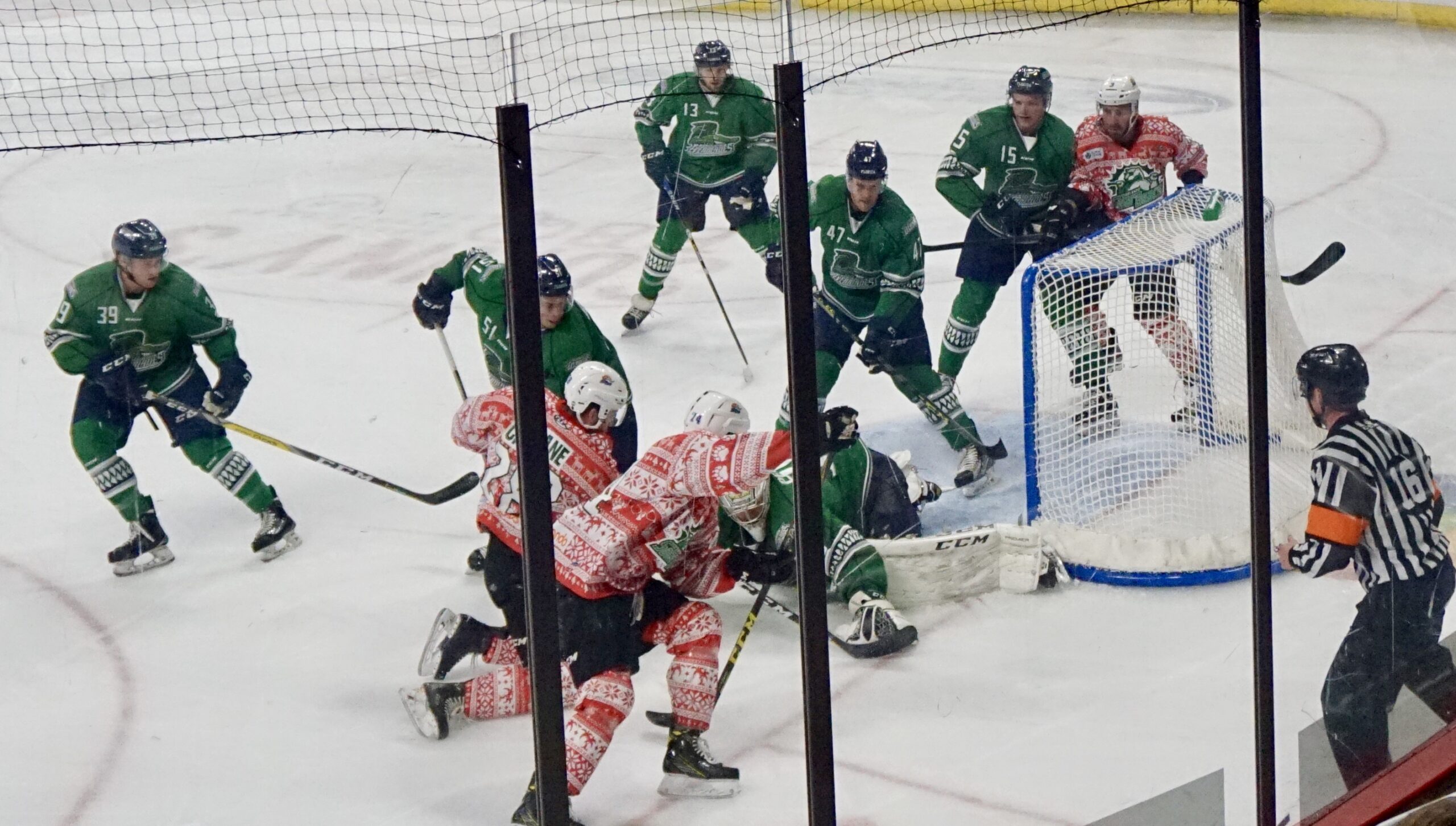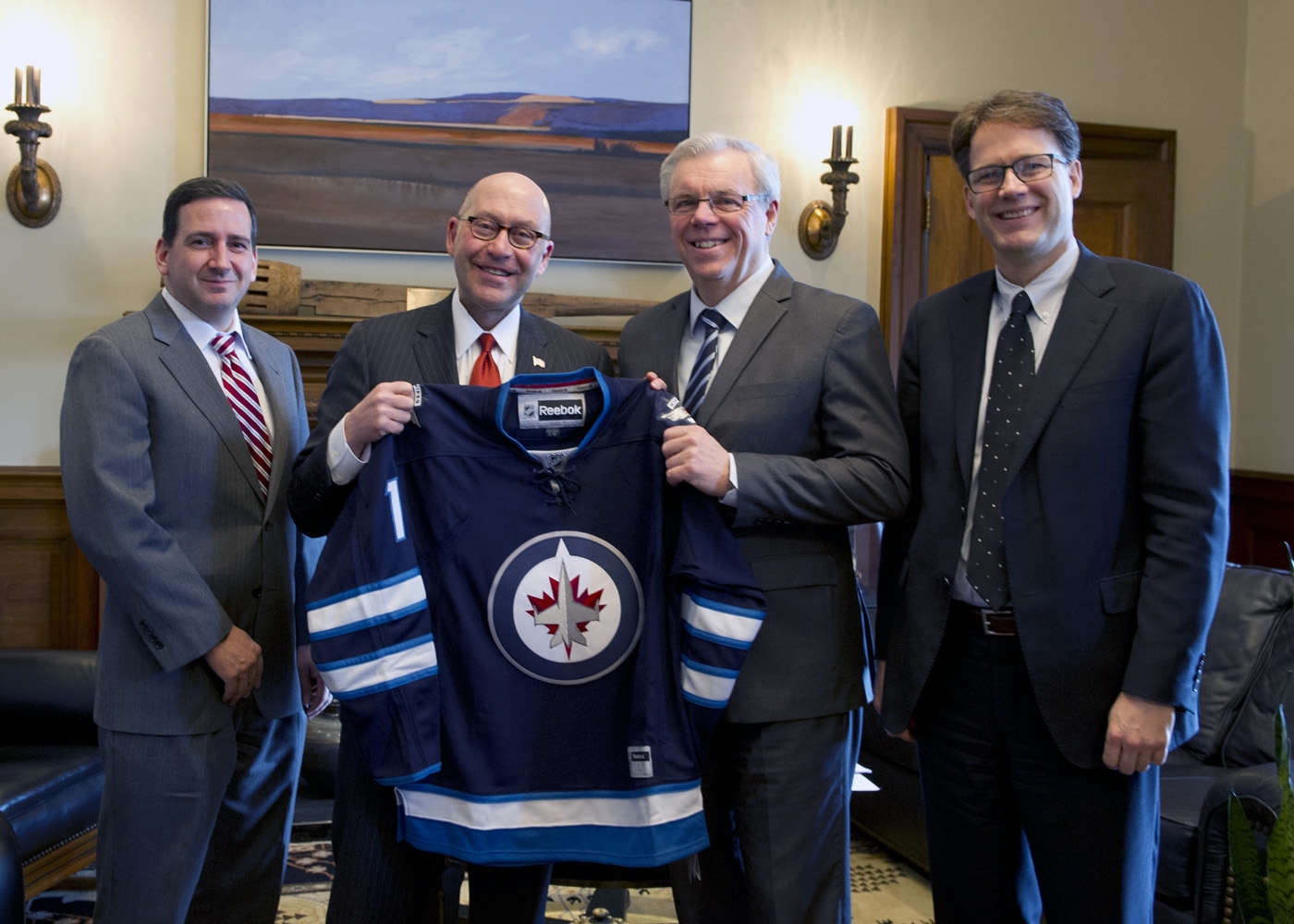By Mikhail Bryan
The idea of specializing in one unique subject has become increasingly popular in many facets of our lives. In society, we all look to “experts” and “specialists” for our answers. In sports, specifically hockey, it is no different. We look to those who have trained, coached, or played the longest for our information. In essence, those who who have a high level of “hockey specialization.” In turn, we strive to produce more experts. Putting kids in a sport at very young ages and recommending that they play the sport year-round is an effort to “develop” the kid into the best possible athlete at that sport. However, is it really the best way for young athletes to develop?
We believe that with hockey, there are reasons to consider playing other sports. There is essentially a cost-benefit aspect to specialization at a young age. While there are certain components that make playing other sports potentially costly, there are also aspects that could prove to be beneficial over time. We’ll take a look at the costs first, and then the benefits.
Costs of Playing Multiple Sports
1. Less Exposure
There is truth behind the idea that playing other sports will take away from the time that an athlete could be playing hockey. With that, there are less opportunities for coaches, scouts, etc. to see that player. If a player decides that they do not want to play hockey in the summer then there will be multiple summer tournaments and camps that the player will miss out on. These are ultimately opportunities to be seen by potential future coaches that will be missed, decreasing this athlete’s temporary exposure in the hockey world.
2. Harder to Master Hockey
The fact that a player would stop playing hockey in the spring and not start again until the fall gives way for the idea that they are not going to be able to master the sport of hockey as well or as quickly. If we take the approach that a master is someone who has devoted 10,000 hours to their craft, then it will be harder for a player to master the game of hockey if they are not playing during the months off in the summertime.
Benefits of Playing Multiple Sports
1. Develop Transferable Skills
Transferable skills are ones that an individual can develop in one sport, and take to another. For example, learning how to kick a soccer ball while playing soccer can in turn help on the ice, to catch a pass or redirect a puck with your skate when needed. Likewise in hockey, the ability to have good hand-eye coordination is very valuable. Taking faceoffs, batting down pucks with your stick defensively, and tipping pucks on net offensively are some examples where having excellent hand-eye coordination is very helpful. A player can develop quality hand-eye coordination through practicing their faceoffs or tips. However, it can be hard to explain to a young player the importance of a skill like this. Imagine telling an 8-year-old to go practice tipping pucks with their friend on the driveway.
So, a secondary way to develop this skill is through other sports. Lacrosse, baseball, and golf are three sports that come to mind. Players must figure out how to catch and throw a lacrosse ball, how to swing a bat and make contact with a baseball, and how to swing a golf club in order to strike the ball. These are skills that will help them in the individual sport at hand while also transferring over to hockey.
2. Increased Understanding of Sports Concepts
Just like it can be difficult to explain to a young player the importance of hand-eye coordination, it can also be difficult to teach a young player, or a team of young players, how to play different positions. How does one properly explain the difference between a defenseman’s role and a forward’s role? One way this can be achieved is through playing other sports. Athletes who have played sports like basketball or soccer likely understand the positions through those experiences. This will help them in hockey, as the idea of zone defense in basketball or a midfielder in soccer can be applied to hockey in multiple ways.
3. Physical and Mental Freshness
It is no doubt that playing hockey all-year round will likely lead to overuse of certain muscles, such as your lower body muscles. We all know how physically demanding hockey can be as well as the injuries that can derail a player’s development. Any way to assist in injury prevention is a benefit to the player.
Likewise, playing hockey all-year round will likely lead to overuse of your brain, an often overlooked muscle. If your brain is constantly being forced to think about hockey and nothing else, this muscle will become overused. To avoid overuse, young athletes can play other sports. This will lead to increased development of other muscles as well as increased brain cognition. Lastly, this will avoid burn-out for young athletes and increase the desire for the athlete to get back on the ice each year.
The Decision Maker
The last question worth asking when considering the costs and benefits to playing other sports is this: Who is the one that wants to play other sports, the parents or the kids? The National Strength and Conditioning Association (NSCA) released an article concluding that in order for specialization in athletes to be truly beneficial, it is best to allow the players to choose which sports they are most passionate about. So if the parents want the kids to play other sports, even though the kids do not have interest, then it may be time to rethink the appropriate course of action. However, if the kid wants to play other sports, it should be taken more seriously. Sports, such as hockey, are meant to be fun. At the end of the day, the kids, or players, should be leading that charge.
Personally, I grew up playing multiple sports in conjunction with hockey. I played soccer until middle school. Throughout high school, I played lacrosse, baseball and golf. Golf was the only sport I (barely) played at the varsity level, however I still believe the mere involvement and learning curve involved in each sport helped me in hockey. Further, playing other sports really solidified my love for and desire to play hockey. I enjoyed the laid back environment of a golf match, but I would have preferred to be playing hockey.
Playing these other sports helped me realize that hockey was the sport I was passionate about, and best at. Thus, hockey was where I decided to focus the majority of my attention. Eventually I did reach a point where I began to specialize in just hockey. I was eighteen years old and finishing high school when I made that choice on my own. A choice that I believe helped me achieve both my hockey and academic goals.
Conclusion
In conclusion, there is essentially no right or wrong answer. Playing other sports outside of hockey can increase an athlete’s well-roundedness while simultaneously taking away from their current exposure in hockey. It is ultimately a cost-benefit scenario that each player and family must decide for themselves.
Post image attribution: By Charlotte Rush, CC BY-SA 4.0 https://creativecommons.org/licenses/by-sa/4.0, via Wikimedia Commons




